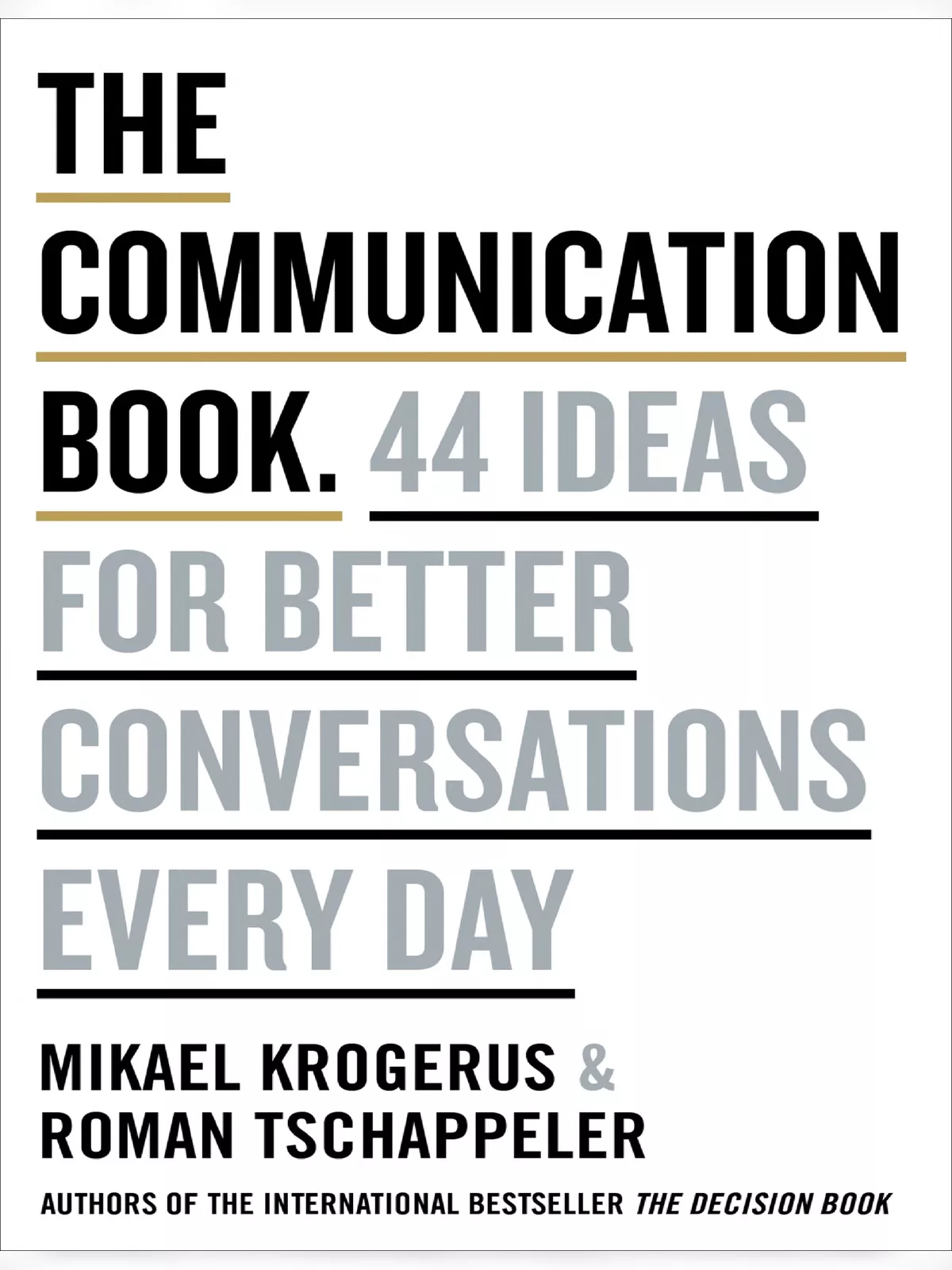Communication Book and 44 Ideas for Effective Communication 2025 - Summary
Good communication is important in everyday life because it connects us. A communication book is a helpful tool that uses symbols, pictures, and photos to help children share their feelings by pointing to images. Many kids have trouble speaking, so a communication book makes it easier and more fun to express their thoughts and emotions.
The Communication Book: 44 Ideas for Better Conversations Every Day
Building good communication skills means listening well, speaking clearly, paying attention to what’s around you, and understanding feelings. Whether we’re talking face-to-face, on the phone, or through emails and social media, knowing how to communicate well helps improve our relationships and daily life.
Looking Into the Theory of Rhetoric in Communication
- Anaphora: Repeating words or phrases to stress a point, often used in speeches, like ‘I demand justice. I demand understanding. I demand.’
- Inversion: Changing the order of words to get attention, for example, ‘Infinite is his sorrow’ instead of ‘His sorrow is infinite’.
- Irony: Saying the opposite of what you mean, such as, ‘I really enjoyed being stuck in that traffic jam.’
- Rhetorical Questions: Asking questions to make a point, like ‘Would you like shiny, glossy hair?’
- Analogies: Comparing things to explain ideas better, for instance, ‘He was as confused as a comma at the end of a sentence.’
- Antithesis: Showing opposite ideas for effect, like ‘He was beautiful, strong and unhappy.’
Main Negotiation Techniques to Improve Discussions
- Focus on problems, not people: Put personal feelings aside to find common ground.
- Look for similarities: Instead of differences, find shared interests and needs between those involved.
- Set achievable goals: Aim for good results rather than perfection. Always have a backup plan, called BATNA (Best Alternative to a Negotiated Agreement), to strengthen your position.
Simple Ways to Stay Calm During Arguments
To feel less nervous during important talks, try these four easy methods:
- Practice often: The more you face similar situations, the less scary they become.
- Pause before answering: Taking about five seconds to reply helps make your responses thoughtful.
- Picture comfort: Imagine talking with friends in a relaxed place like a café, not a formal interview.
- Don’t stress about being quick-witted: Speaking fast isn’t always needed, especially in most jobs.
You can download The Communication Book 44 Ideas PDF using the link below and start improving your communication skills today.
